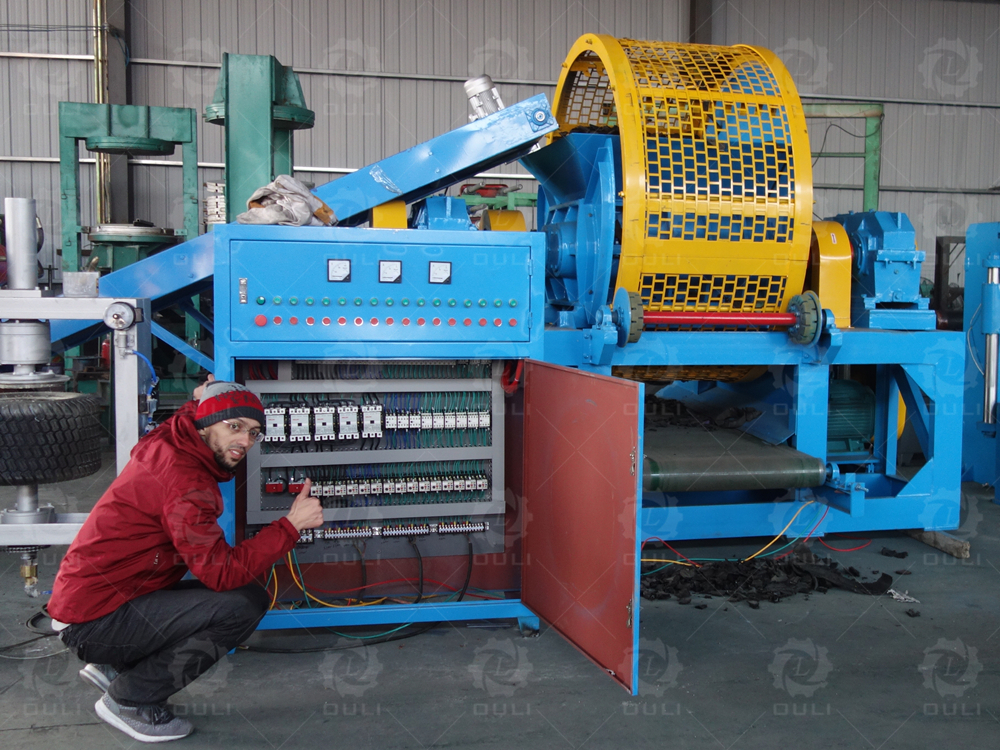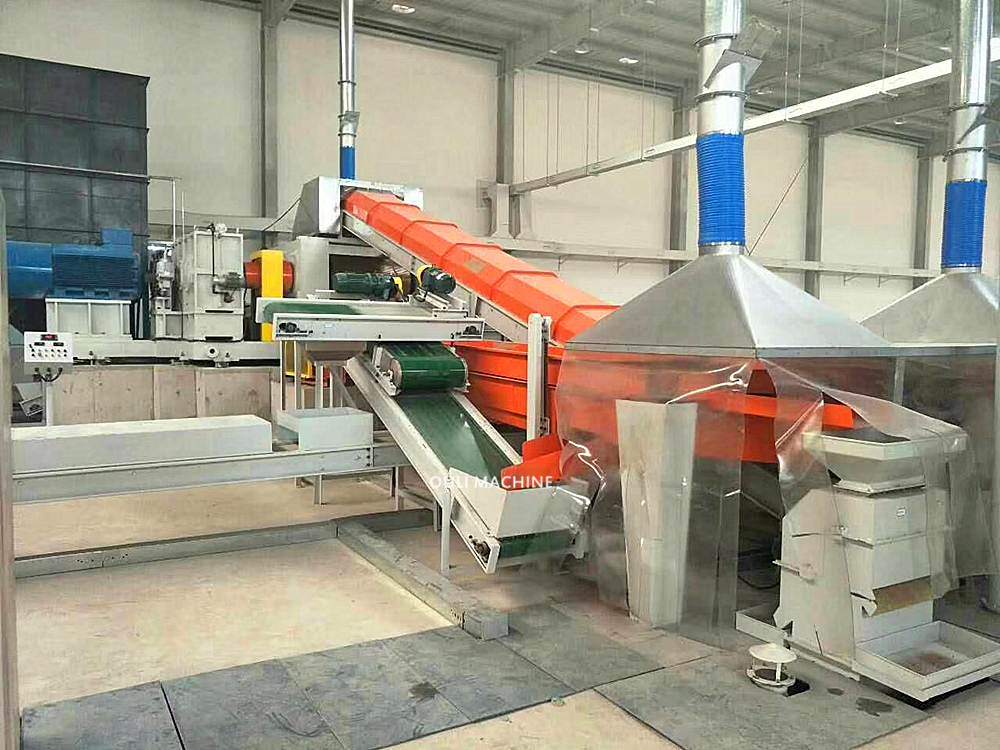Featured Articles Imports cloud looms over EU tire makers
"Technical transformation” project to be carried out at passenger car tire factory in Wuxi, Jiangsu... Rubber Banbury Machine

Beijing – Bridgestone is planning to upgrade its tire manufacturing plant in Wuxi, Jiangsu, near Shanghai, to support a new rubber formula for new energy tires.
In a 14 Dec environmental impact assessment report, Bridgestone said it is investing Yuan160 million (€20 million) to add one new internal mixer and replace 32 vulcanising machines at the site.
According to Bridgestone, the upgrade is in line with the automotive industry’s transition to new energy vehicles and demand for higher cruising range.
To support the automotive trend, the tire maker said it had developed a new rubber formula which “adopts new raw materials and new rubber mixing processing technology.”
To ensure the performance stability of the new rubber, Bridgestone said it will have to implement technical modifications to the rubber mixing machine.
The modifications, it added, improves the physical dispersion and chemical reaction balance of the rubber during the refining process.
However, with the new formula, the “per unit weight requires more refining”, which according to Bridgestone will result in a decrease in the production capacity of the rubber mixing process.
As a result, Bridgestone said it is making the investment to add the new internal mixer and replace vulcanising machines.
With the upgrade, Bridgestone said some old types of tires will be eliminated and new types, with lower rolling resistance, will be introduced.
While the tires will remain the same size, their weight will be reduced from 13-14kg to 10kg, resulting in a cut in raw materials consumption, Bridgestone added.
In terms of comfort, the tires’ noise will be reduced by 5-10dB, while the performance of the tires, including wet grip and wet braking will be “improved”.
Following the transformation, Bridgestone said the focus of the factory will be on “green high-quality tires” which will support the “development direction” of the automotive industry.
The project will have a “strategic significance”, according to Bridgestone, as it will enhance the group’s market competitiveness.
According to the Bridgestone documents, the technical transformation will not expand the production capacity of the plant, which stands at just under 20,000 units per day.
Earlier in December last year, the Japanese tire & rubber group announced that it was upgrading its tire production facility in Tianjin in northeastern China.
The €7-million investment, which started earlier that month, involves replacing 'three-compound-extruder' with advanced 'four-compound-extruder' technology by mid-2025.
The new technology is said to enable simultaneous processing of four different rubber materials and deliver ‘significantly improved’ the end-product quality.
Subscribe for unlimited access. A subscription to European Rubber Journal includes:

Laboratory Mill Already a subscriber? Log in here